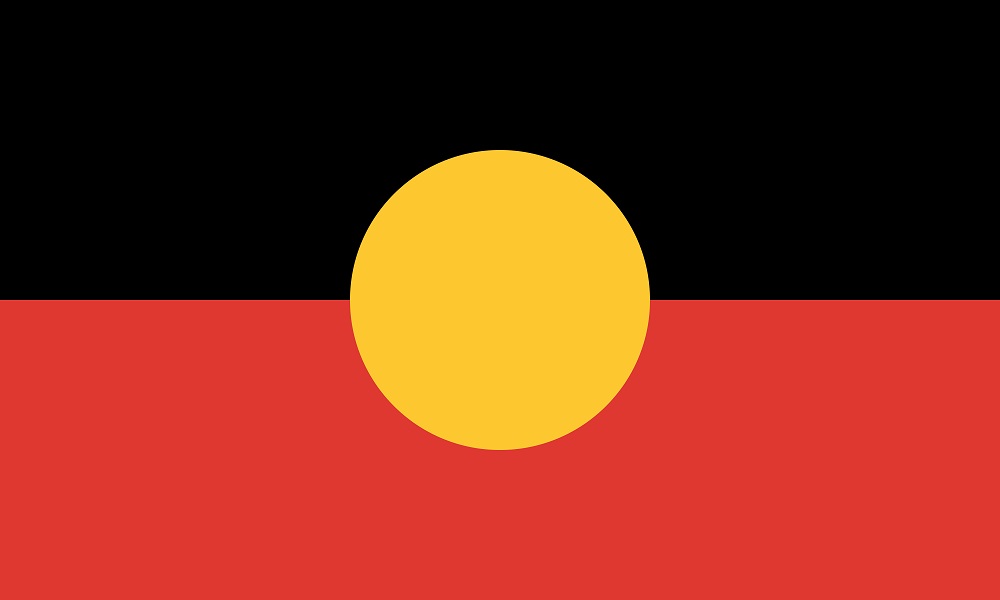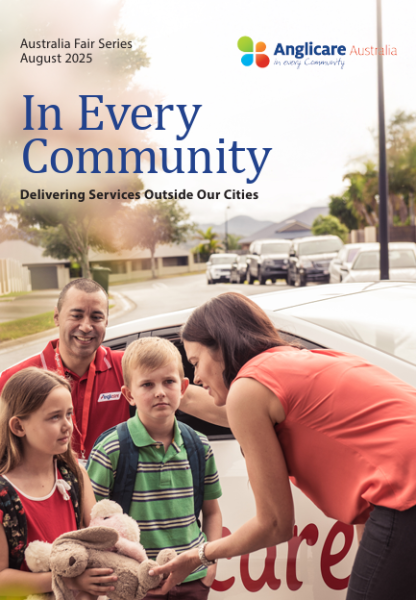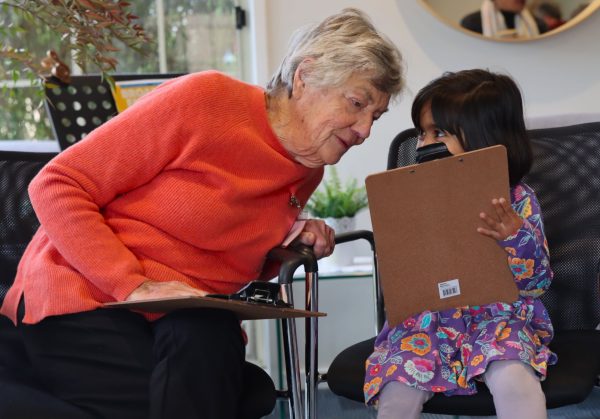26 May 2016.
This coming week is National Reconciliation Week. The dates of 27 May and 3 June commemorate respectively the successful 1967 Referendum and the High Court Mabo judgment. These were two very significant steps on the journey to reconciliation, a journey that is not yet complete. ‘Reconciliation’ has several definitions. These include: ‘a situation in which two people or groups become friendly again’, ‘to re-establish a close relationship’, ‘to resolve or settle an argument’.
The 2016 theme of National Reconciliation Week (NRW) is: ‘Our History, Our Story, Our Future’. This theme comes from The State of Reconciliation in Australia Report, which asks all Australians to reflect on our national identity, and the place of Aboriginal and Torres Strait Islanders’ histories, cultures and rights in our nation’s story. It is one way of re-establishing a closer relationship. A number of our Anglicare teams are holding morning teas to highlight NRW.
Reconciliation is an active rather than a passive word. It implies a necessary change or changes that enable closer relationship. Reflecting on Aboriginal history, cultures and rights and their place in the Australian story reveals that there is still considerable change required. The gap in health outcomes, longevity, and socio-economic disadvantage is still too large, and the rates for children in foster care, domestic violence and incarceration are alarmingly high. We have a responsibility in Anglicare to assist and advocate for change to these significant statistics.
Our Anglicare ‘Code of Conduct’ specifically includes promoting ‘reconciliation with Indigenous Australians’. Our ‘Reconciliation Action Plan’ defines actions we have committed to in this process. These include Acknowledgement of Country on all signature blocks, cultural competency training for all staff, active recruitment of Indigenous staff, and a link to Indigenous Resources and a Reference Library on the forthcoming new website.
There are other obstacles to Reconciliation that also need addressing. Recognition for Aboriginal and Torres Strait Islanders in the Australian Constitution is long overdue. It is why we have the Recognize ‘R’ badge on our Signature blocks. 75% of the current ABC Vote Compass respondents are in favour of this change. Some Aboriginal leaders and people wonder why a Referendum is needed to confirm their full participation in Australian society. At present the debate is also about whether this would be more than just a token change in the law, and whether Constitutional change would bring about genuine participation and recognition. A further issue on the minds of some Elders is recognition for the very many Aboriginal people killed on Australian soil. They are asking that a Memorial to the ‘Frontier Wars’ be erected on ANZAC Parade.
Reconciliation, establishing a closer relationship, means being friendly with Aboriginal and Torres Strait Islanders, and vice versa. As one Aboriginal Elder pointed out recently, that simply means talking with, getting to know, and having as friends, Aboriginal people and Torres Strait Islanders.


